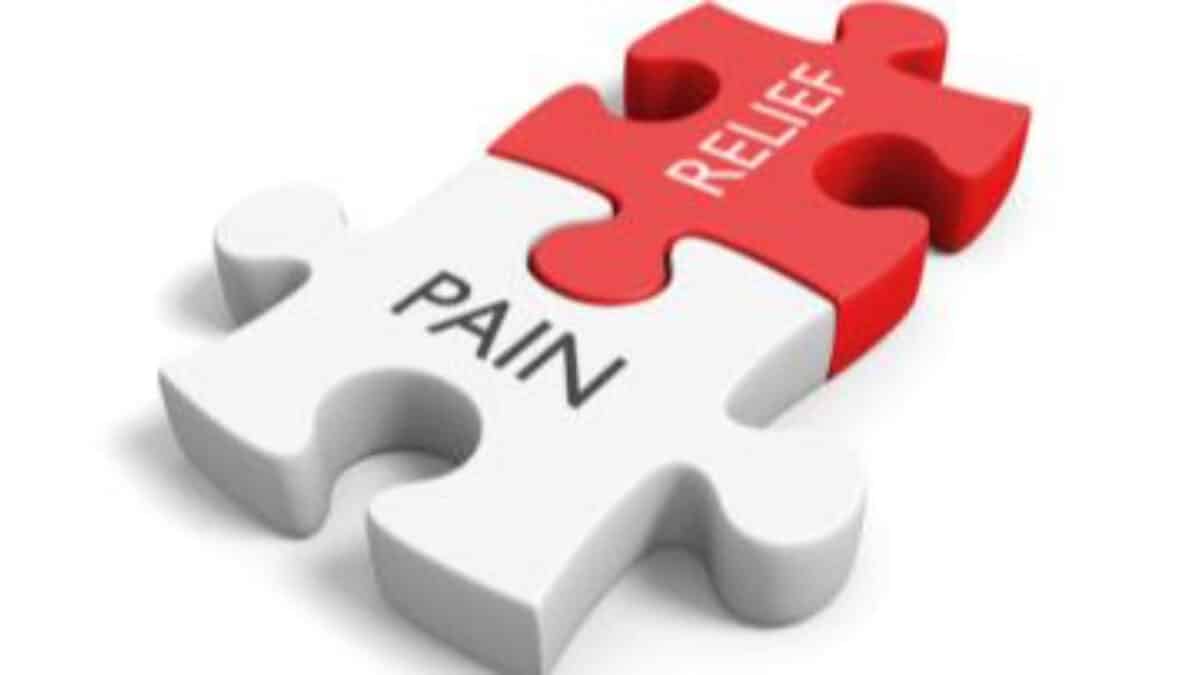In the acute phase of an injury, pain ‘makes sense’ to most people. It’s logical that if you break your leg, you’ll have pain while the bone is healing. If you burn your hand, you’ll have pain while the skin recovers. This type of pain is usually referred to as acute pain.
In the ‘ideal’ recovery, once the physical injury has healed the associated pain will disappear. As the injury heals and the client regains strength in the muscles and range of motion in the joint, the hope is that the pain they once felt will lessen and eventually disappear.
Unfortunately, this doesn’t always happen. Sometimes clients will continue to experience pain long after the physical injury has reached the maximum level of recovery. For other clients, their injuries may be such that a full recovery may take many months or even years, or may not be possible at all.
These clients are often described as having “chronic pain” and generally require a multi-disciplinary approach to managing pain.
Many clients who have chronic pain are prescribed medications to reduce the severity of their pain. But there are other strategies that can be used in addition to medications that can also help to manage pain.
Here are some non-pharmacological strategies to help manage pain that a rehabilitation professional might suggest:
- Engage in meaningful activities: An important strategy suggested by pain specialists and rehab professionals is to return to normal daily activities as much as possible. Our therapists help clients to find productive activities that are meaningful to them. By using the strategies listed below, therapists can assist clients to engage in daily routines with modifications as needed.
- Acupuncture: With this type of treatment, a physiotherapist with additional training in acupuncture will insert tiny needles just below the surface of the skin. In traditional Chinese medicine theory, this regulates the flow of qi (energy) along pathways known as meridians.
- Therapeutic exercise: When a client is in pain, it may seem counterintuitive to him or her to move the area that hurts. Often though, once the acute injury has healed, movement of sore and stiff joints can actually reduce pain in the long term. A physiotherapist can prescribe an exercise program that is tailored to each client’s needs and a rehab support worker can monitor the program and provide cuing and motivation to the client.
- Deep breathing and relaxation: Generally speaking, the experience of chronic pain makes people feel stressed. Conversely, stress increases pain by causing muscle tension and other physiological changes in the body. Clients need one-to-one instruction and encouragement to learn specific breathing techniques and methods of relaxation to reduce stress. Examples of relaxation strategies that are encouraged by rehabilitation professionals include progressive muscle relaxation and guided imagery exercises.
- Education around energy conservation: For some clients, chronic pain is just that – chronic. When pain is present over many weeks or months, it can become very tiring. Things that used to be easy may now seem overwhelming. This type of situation can be helped by learning strategies for conserving energy, such as pacing, taking breaks at strategic times and planning ahead.
- Sleep hygiene strategies: When a client is coping with chronic pain, often his or her sleep schedule is interrupted. Clients may take naps during the day to cope with fatigue from pain, but then will have trouble falling asleep at night. Therapists can provide strategies to help the client maintain a regular sleep schedule and promote comfort and relaxation during sleep
- Cognitive-Behavioural Therapy: Pain is real when it is experienced by clients, but the way we conceptualize pain and the amount of power we give pain in our lives can impact how disruptive pain is. Occupational therapists and social workers trained in the principles of CBT will often provide clients with help in changing the way they think and feel about pain.
At GLA we take pain seriously. We understand how impactful pain is for our clients and are well equipped to work with physicians and specialists to provide additional strategies to manage pain and improve daily functioning. For more information about how we are helping clients to manage chronic pain, please feel free to contact us.

